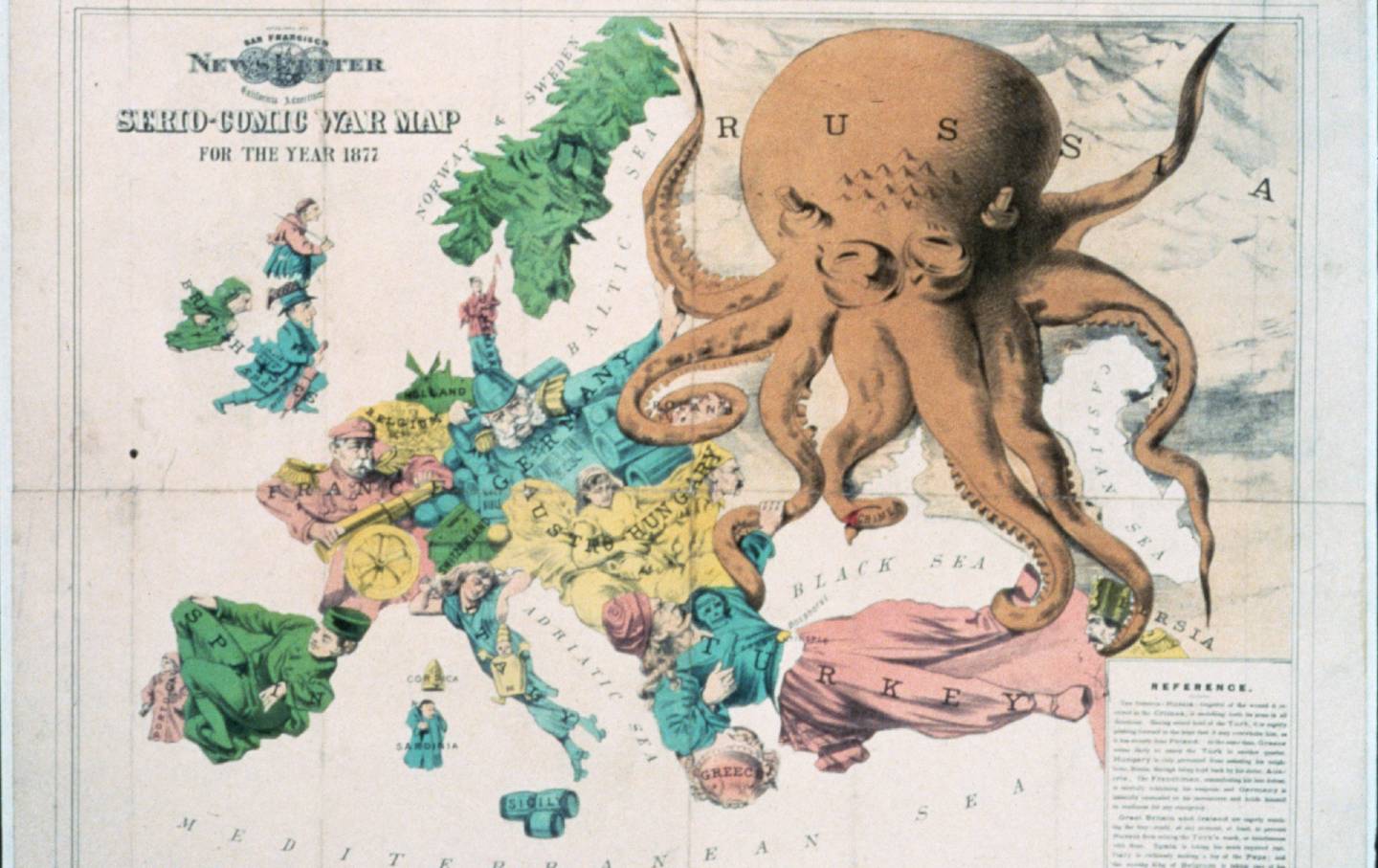
"In this context, John Stuart Mill's assertion that the government was affected by 'Russophobia' highlights how ideological beliefs fueled increased military spending and tensions."
"Parry's analysis suggests that British convictions regarding Russian expansionism stemmed more from an ideological perspective on autocracies than from any tangible Russian initiatives."
The article discusses John Stuart Mill's critique of 19th-century British attitudes towards Russia, which he termed 'Russophobia.' It refutes the notion of a purely geopolitical rivalry, suggesting that Britain's fear of Russia was largely driven by ideology, viewing autocracies as inherently aggressive. Additionally, it presents Jonathan Parry's perspective on how these beliefs evolved, indicating that British hostility towards Russia was not constant but rather episodic, influenced by specific events like the Polish uprising and concerns over imperial security. The analysis emphasizes a complex interplay of ideology and pragmatism in Anglo-Russian relations.
Read at The Nation
Unable to calculate read time
Collection
[
|
...
]